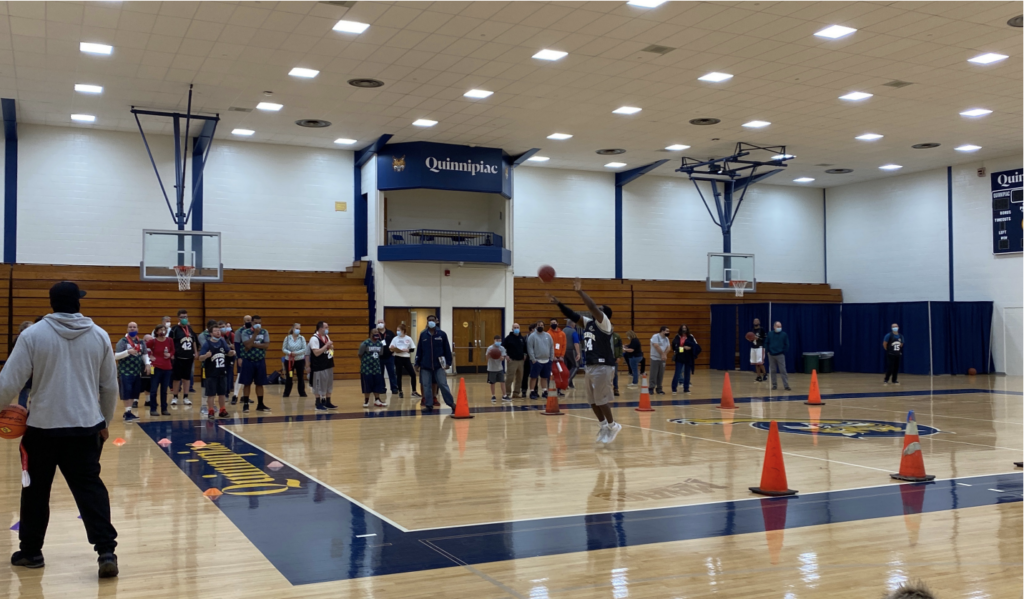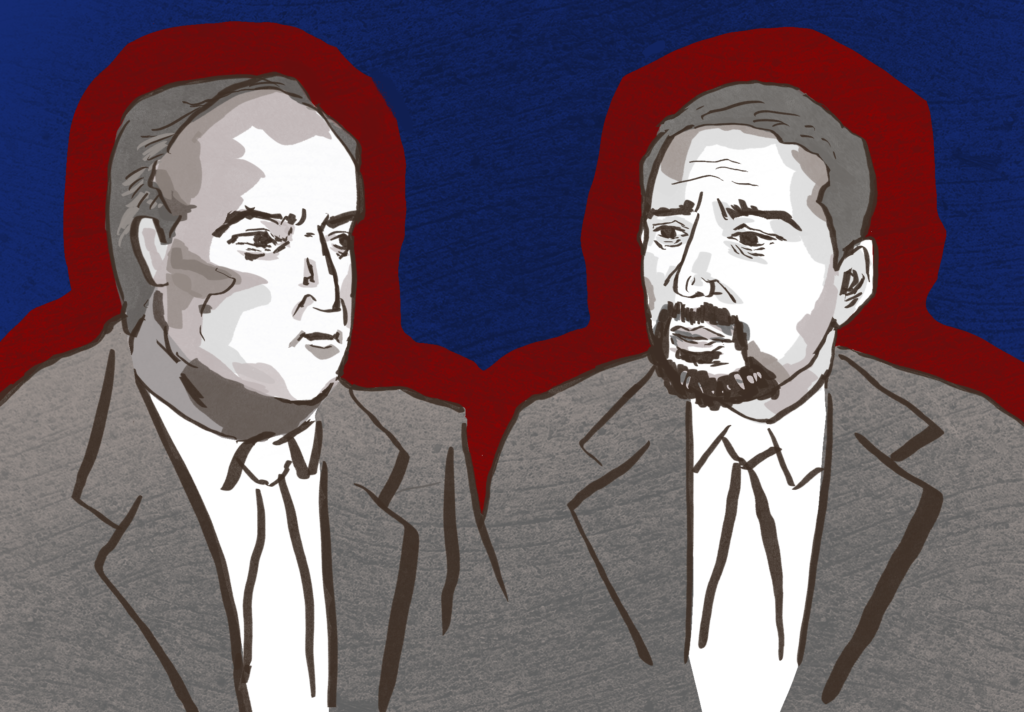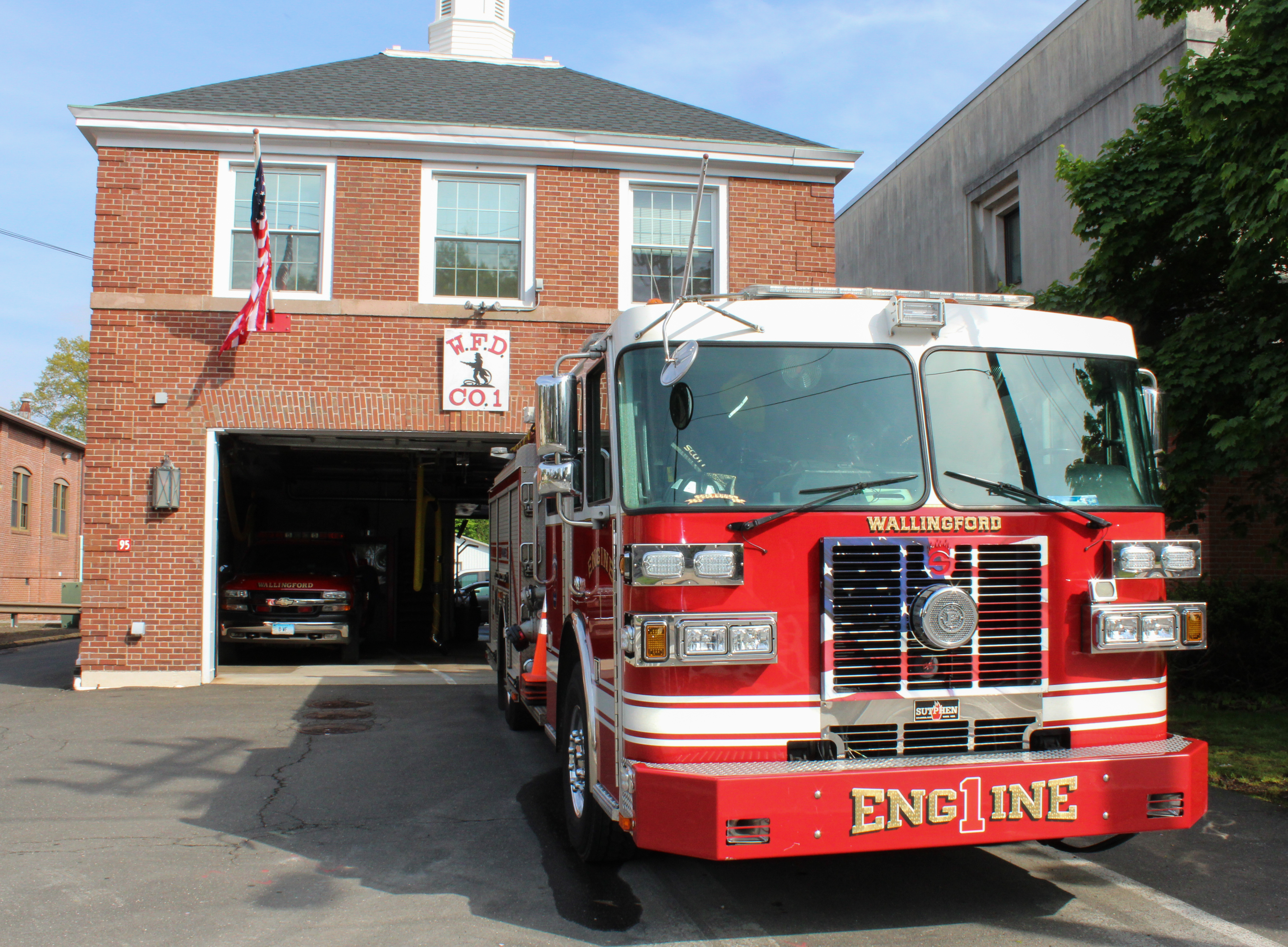
The Special Olympics is “the world’s largest sports organization for children and adults with intellectual and physical disabilities,” according to its website.The organization provides training and activities year-round to 5,000,000 participants in 172 countries. Special Olympics Connecticut is one of the many branches of the organization and operates around the state in Fairfield, Hartford, Litchfield, Middlesex, New Haven, New London, Tolland, and Windham counties.
Throughout November, Special Olympics Connecticut hosted a range of activities to engage athletes with disabilities and special needs. Events included the Basketball Skills Jamboree at Quinnipiac University, powerlifting at the Special Abilities, Wellness, Arts & Health (SAWAH) non-profit center, and the Unified Sports Volleyball Competition at Hamden Hall Country Day School’s Beckerman Athletic Center. Overall, more than 550 athletes and partners participated in the events.
On November 20, the Connecticut Elks Association — a non-profit that raises money for children, veterans, and people with disabilities — presented the Unified Sports Holiday Classic prize that is awarded at Special Olympics Connecticut. The awards had the hallmarks of an Olympic competition: giving recognition to the hosts and sponsors of the games and a ceremonial lighting of a replica Olympic torch.
A significant portion of the Basketball Skills Jamboree was dedicated to education on physical and mental health. It included a Healthy Habit Station that provided education on healthy snacks and served as an opportunity for athletes to enjoy a short break after each competition. Following the presentation of the MyPlate nutrition guide published by the U.S. Department of Agriculture for nutrition policy and promotion, athletes were given the option to choose from a variety of healthy snacks, such as string cheese, Belvita, fruit pouches, and Veggie Straws.
Mr. Derrick Ford, Coordinator of Sports and Local Programs at Special Olympics Connecticut, outlined the success of this campaign: “The program is designed to improve each athlete’s ability to train and compete by providing resources to advance their overall quality of health and reinforce the importance of developing a healthy lifestyle.”
In addition, the Healthy Athletes program provided health screenings, education, and preventative care to athletes in eight categories, including dental, vision, and mental health. Mr. Ford said, “Through Healthy Athletes, Special Olympics, Inc. has become the largest public health organization dedicated to serving people with intellectual disabilities.”
Mr. Ford served as the planner and director of the Basketball Skills Jamboree. He explained that the event “consisted of a traditional [but] modified foul shot competition warming athletes up, a traditional [but] modified three-point shooting competition increasing their movement and level of competition, and finally a modified version of the NBA All-Stars competition, which pushed athletes to their highest potential.”
Mr. Ford also stressed the Covid-19 protocols in place at the event. Participants were required to wear masks regardless of vaccination status, and anyone that was not vaccinated had to be screened, which included answering four standard questions and submitting to a temperature check. Likewise, social distancing was maintained throughout the event, with the final awards ceremony modified so that athletes were handed their medal or ribbon rather than having it placed around their neck. The Jamboree had awards ceremonies that took place after each event to recognize the “hard work and skills that each athlete had accomplished,” said Mr. Ford.
Volunteers at the Basketball Jamboree event were titled “Class A volunteers.” They were present in the form of coaches, local coordinators, chaperones, and unified partners — those not living with a disability that train and compete as teammates with Special Olympics athletes. These volunteers worked with athletes for up to eight weeks before the event to practice their sport. Many volunteers came on the day of the Jamboree to serve as scorekeepers, check-in helpers, and food servers. Notably, many volunteers were medical staff who had also served on the event’s planning committee.“They have made a deeper commitment to our athletes and in some cases have volunteered for years or decades. We couldn’t run the event without any of them” Mr. Ford said. The contests of the Jamboree proved to be nail-biting, with the gymnasium erupting in cheers throughout. Pleased by the motivation and encouragement shared between all athletes, Mr. Ford said, “The camaraderie and bonds the athletes made with each other, as well as volunteers throughout this event, was truly a pleasure to be a part of.”




